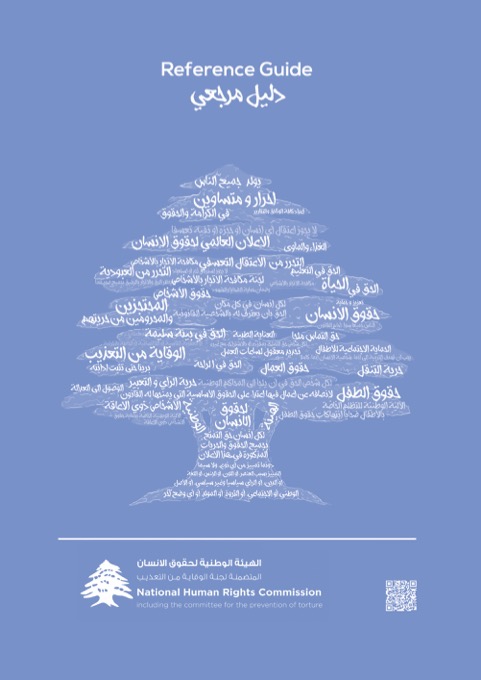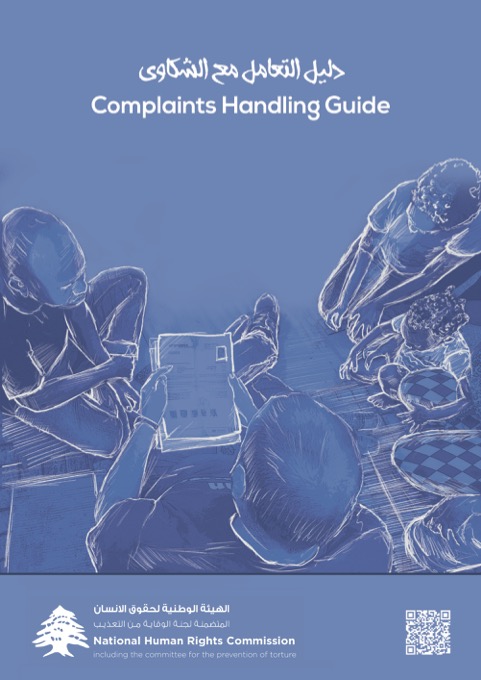هذه المقالة متاحة أيضًا بـ: العربية (Arabic)
The National Human Rights Commission, including the Committee for the Prevention of Torture (NHRC-CPT), welcomed the completion of parliamentary consultations conducted by the President of the Lebanese Republic, General Joseph Aoun, which resulted in the appointment of Judge Nawaf Salam as Prime Minister and his designation to form a government. The commission called on the new government to prioritize addressing Lebanon’s human rights crisis, breaking the cycle of violations, and restoring the rule of law.
The NHRC-CPT identified urgent priorities for the incoming government, emphasizing the need to strengthen national institutions, enforce torture prevention measures, protect freedom of expression, and promote social and economic rights.
“The new government has a historic responsibility to prioritize human rights, restore the rule of law, and rebuild trust between the state and its people. Without addressing these urgent issues, Lebanon cannot move toward justice, stability, and prosperity,” said Fadi Gerges, President of the NHRC.
Despite the adoption of Lebanon’s Anti-Torture Law, judicial resistance has hindered its implementation. Many judges either disregard the law or fail to investigate allegations of torture adequately, enabling impunity and discouraging victims from coming forward. This lack of accountability perpetuates a culture of abuse and silence.
Lebanon’s overcrowded prisons further exacerbate human rights violations. Operating far beyond capacity, detention facilities subject inmates to inhumane conditions, including inadequate healthcare, poor sanitation, and insufficient food. These conditions contravene Lebanon’s international human rights obligations, particularly impacting vulnerable groups such as pretrial detainees, who often endure prolonged detention due to judicial delays.
The NHRC-CPT also raised concerns about the commission’s independence, which has been undermined by financial and political interference. Corruption and bureaucratic obstacles have delayed essential organizational decrees, restricting the NHRC’s ability to function independently. This interference erodes public trust in institutions designed to safeguard human rights and uphold justice.
In its seven-point human rights agenda, the NHRC-CPT urged the new government to:
- Implement treaty body recommendations to empower the National Human Rights Institute (NHRI) and the National Prevention Mechanism (NPM).
- Uphold and protect freedoms of expression, association, and peaceful assembly.
- Safeguard the rights of migrants and refugees.
- Facilitate the return of internally displaced people.
- Combat all forms of sexual and gender-based violence and discrimination.
- Enhancing and protecting economic and social rights, particularly in terms of safeguarding deposits and ensuring access to healthcare and social welfare.
- Take concrete steps toward abolishing the death penalty.


